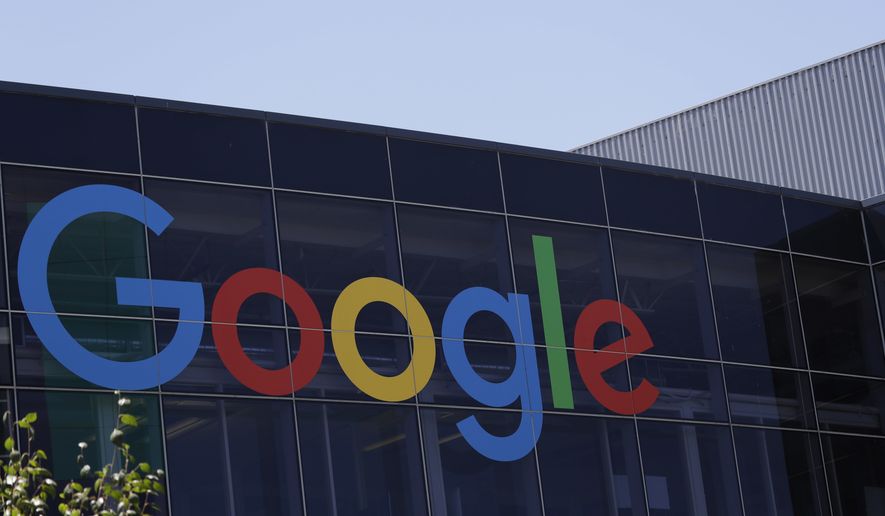Arizona is accusing Google of tracking users’ movements even after consumers disabled the location tracker.
The state sued Google in a 50-page complaint, saying the platform used deception and unfair business practices to obtain users’ location data to target them with ads.
After a roughly two-year probe, state officials say Google also makes it confusing and increasingly difficult for users to opt-out of the tracking and information collection.
“While Google users are led to believe they can opt-out of location tracking, the company exploits other avenues to invade personal privacy,” Arizona Attorney General Mark Brnovich said when announcing the legal action this week.
A Google representative did not return a request for comment.
The lawsuit filed Wednesday in Maricopa County Superior Court says Google violated Arizona’s Consumer Fraud Act, which gives protection to consumers against fraudulent practices and sales.
“It’s nearly impossible to stop Google from tracking your movements without your knowledge or consent. This is contrary to the Arizona Consumer Fraud Act, and even the most innovative companies must operate within the law,” Mr. Brnovich said.
Collecting location information and using click-through ads, he said, pays off big time.
Google raked in $134.8 billion in advertising revenue in 2019, about 80% of its total revenue, according to the company’s annual report.
Collecting user data and tracking of location is often done without the user’s consent, the lawsuit charges.
Arizona began investigating the internet giant after the Associated Press published an article in August 2018 titled, “Google tracks your movements, like it or not.”
Google’s location history service is detailed in the article, which allows users to see where they have been. But the article said that despite users being told they can turn off the location history function, the information was still stored and used for ad sales.
The Arizona lawsuit seeks an injunction preventing Google from continuing its location-tracking practice.
• Alex Swoyer can be reached at aswoyer@washingtontimes.com.




Please read our comment policy before commenting.